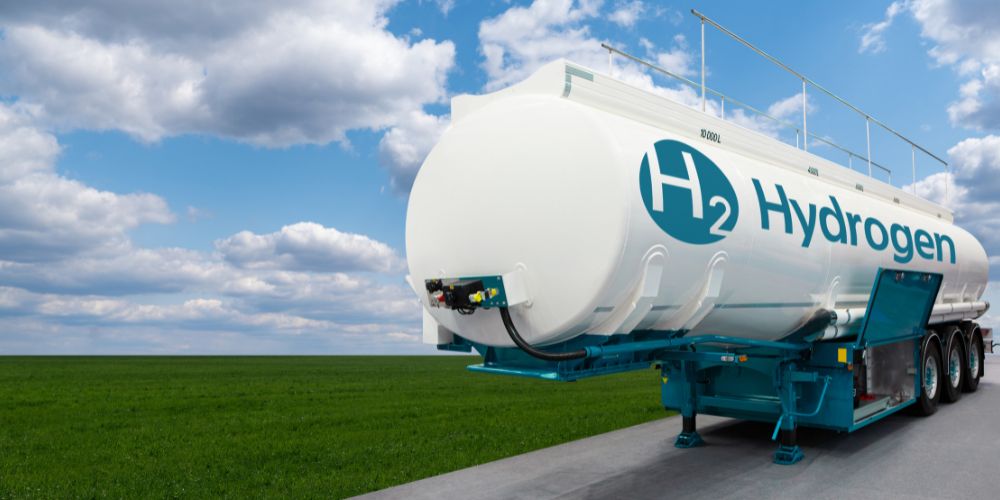Hydrogen-powered aircraft, a sustainable solution for business aviation

The industry of aeronautics is undergoing its biggest changes in the last few years .Indeed, with the COVID crisis it has seen its most brutal interruption. We know that it will take years before it fully recovers from the pandemic. Now, there is a big environmental awareness going on in the world. One of the biggest industries that has to pivot or reshape its way of working in order to comply with ecological regulations is the travelling industry.
Planes now are one of the biggest emitters of greenhouse gas. Moreover, with the situation between Ukraine and Russia, Europe are entering the beginning of an energy crisis. Now is the time to make changes for the greater good. There are different options that are emerging, one of the biggest trends is hydrogen-powered planes or electrical planes.
How will it impact the public airline flights ? Will it also have an impact on private flights ? Airline companies are going to shift towards zero carbon emitting aircraft, it will be interesting what their choice will be. Also, it could be an interesting idea for a private jet rental company to look into these innovations.
First of all, what is hydrogen?
In order to have better context, we are going to define what hydrogen is. Hydrogen is labelled as a “clean fuel”. Indeed, as it is consumed it produces water. So it is a zero-carbon fuel that would not be emitting. It looks like the perfect fuel, so why are we not using it ? The cost to produce hydrogen is still very high and it is not as available as other known resources. It requires processes that are time consuming and quite expensive.
So airline companies are looking to create aircraft that would be powered by hydrogen in the future. However, as it is too costly at the moment, there are only a few prototypes that exist. As soon as the process to retrieve hydrogen becomes less costly and more efficient, there will be huge progress in the industry. There are already hydrogen-powered engines that exist and a lot of companies are trying to have a major breakthrough. Most airlines have a horizon until 2050 to find a solution to kerosene.
[Read more: Automatic Passenger Counting Systems for Public Transport]
Why it is a good idea for business flights
Now that we know what hydrogen is, we can imagine the opportunity it represents for the aeronautic industry. Hydrogen-powered aircraft could benefit public and private flights. For public transportation it would mean that big aircraft would not pollute as much as they do now. We know that business flights are very polluting.
Indeed a lot of people have to commute by plane for important regular meetings. Also, if you are supervising your company as a CEO it is not impossible to have multiple flights in the same day. For example, if you are supervising your different stores that are around the United States you will have to hire a private jet in order to successfully conduct business.
Per head, business flights are then more polluting than some people that only travel a few times a year. It is important to find an alternative to kerosene so that greenhouse emissions per business flight decreases.
An opportunity for private jet rental companies
This new trend could benefit private jet rental companies that wish to differentiate themselves from their competitors. Indeed, a lot of customers are getting ecologically conscious about the pollution from their travels. This could be an interesting offer for a segment of customers that wish to travel while respecting the environment.
Moreover, a lot of business travels are carried out in rented private jets. As it is a more efficient way to travel in private jets for business reasons, it also means that it is a polluting industry. Having a fleet of hydrogen-powered jets could prevent this. There are a lot of different initiatives that have been launched in order to reach zero emission in the aeronautics industry. Indeed there is Zero-Emission Aircraft,Alliance for Zero-Emission Aviation, ZEROe that is the Airbus initiative to start introducing hydrogen aircraft by 2035, Target True Zero initiative and many others.
Many have two dates as an objective: 2035 and 2050. The different options cover electric powered planes for short-range distance and hydrogen for mid to long-range distances. We hope that a sustainable alternative to kerosene will be found by then.
